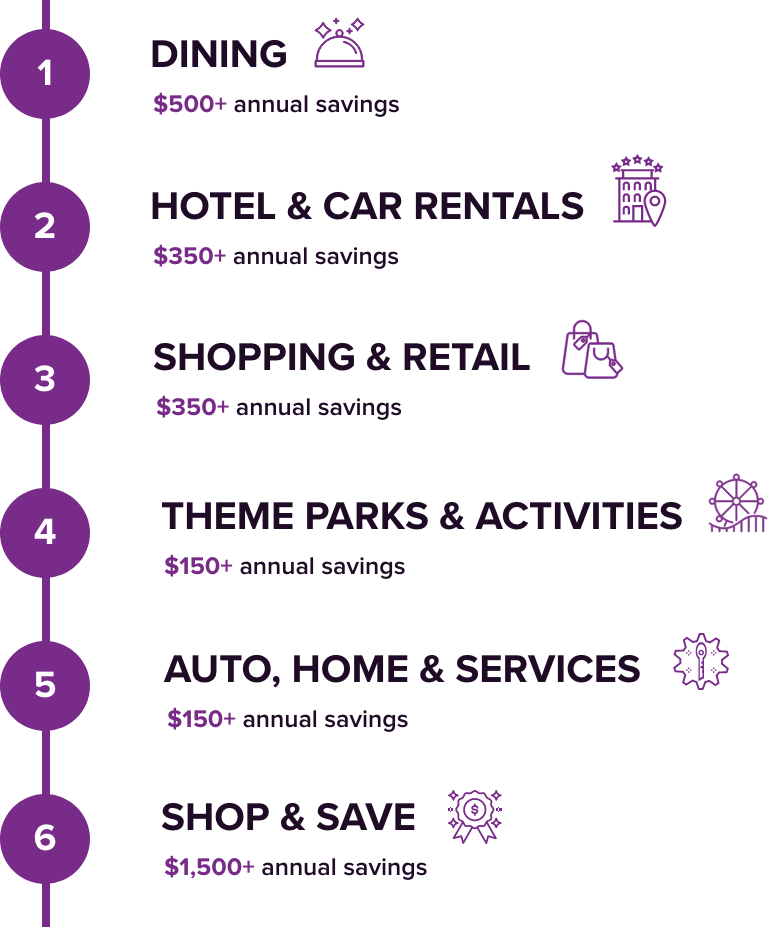This week we are going to briefly take a look at a few practical and simple tips that will help you become a more effective Faith Driven Consumer. Obviously, there are many aspects to being a good FDC, and we certainly couldn’t cover them all in one blog post. But, we’re going to try and cover the big ones that, if you employ, will help you begin seeing the world and participating in it in such a way that will maximize your impact. If we all did these few things a little bit better and a little more often, we believe we’d become a more formidable and effective community capable of making a real difference.
1. Become more informed about the brands you buy and the businesses you support. As with most endeavors in life, the more you know, the better you’ll do. Being informed is a crucial part of being an impactful FDC because it enables you more opportunities to purchase with a purpose and make decisions that have real consequences in the marketplace, workplace, and culture. Knowledge really is power (as the saying goes), and we want to be able to use the power we have as consumers to support brands which acknowledge, celebrate, and/or treat FDCs equally. We want to support brands that do it best and encourage those who don’t to start making the effort. But the truth is that without being equipped with the right information or sufficient information, we can only blindly participate in the marketplace. Without this equipment, at best, we aren’t using our leverage as a consumer to shape the marketplace, and at worst, we could be unwittingly working against our goal of creating a more faith compatible culture. Through staying informed and utilizing resources like the Faith Equality Index, you can ensure that you purchase with a purpose and leverage the marketplace in ways that truly make an impact.
2. Take advantage of every transaction and every interaction. There is a wonderful passage in 2 Corinthians where Paul is defending his ministry to the Corinthians. In that passage, he gives us a very helpful tip. In chapter 10, verse 5, he says that as Christians “we take every thought captive to obey Christ. (ESV)” It’s human nature to become distracted and lose sight of things. It’s also easy to become complacent or allow our daily routines to put us in cruise control. When this happens, we tend to see the purchases we make on a daily basis, and even the interactions with those from whom we are purchasing, as a mundane and necessary means to an end. But how often do we consider the importance of both our transactions and our interactions? How often do we consider the possibility that a trip to the grocery store, the bank, or the pharmacy is a real opportunity to make a difference as an FDC? As Christians we should be taking every thought captive. But not just our thoughts, but our actions too. In order to do as the Apostle Paul says and “obey Christ,” we have to seize every opportunity to make a gospel impact in the world around us. If we are going to become more effective FDCs, we need to start seeing every seemingly mundane interaction and transaction as real opportunity we can take captive in order to obey Christ and make a gospel impact.
3. Ensure your spending reflects your values and beliefs. Finally, we should make sure that we are spending our money in a way that glorifies God and reflects his supremacy in your life. We all know the verse… “where your treasure is, there your heart will be also. (ESV)” What are we spending our “treasure” on? A budget or a bank statement is a great way to evaluate the areas in which we have allowed idolatry to make its way into our lives. And an easy way to evaluate and remedy this is to take a good, honest look at how we are spending our money each month and work to re-align our spending habits in a way that reflects our love for Jesus and His commands. As FDCs, we have a lot to say to the world about what we believe and how we think our culture and the world of commerce should be conducting themselves. We have strong convictions and ambitious goals about transforming them into something more compatible with our biblically orthodox Christian faith. But how often do we take an honest look at our spending and ask what it is demonstrating to the world about who we are and what we love? One of the ways many of us can improve our witness and our effectiveness as FDCs is to make sure that our spending aligns with our beliefs and our values.
As we mentioned above, there are countless other important aspects to being an effective Faith Driven Consumer. But the truth is, most of the things that make you a better FDC, are just things that make you a better Christian. The only difference is an informed and deliberate emphasis on how we engage with the marketplace as Christians. So, apart from the handful of tips given above, if you want to be a better FDC, continue praying and reading God’s word, and then look for ways to apply it in your community so that you can have an impact on both individuals and multi-national corporations. If we apply these helpful tips, and take every thought and action captive, we’ll become more effective Faith Driven Consumers as we work to transform our culture and communities.

